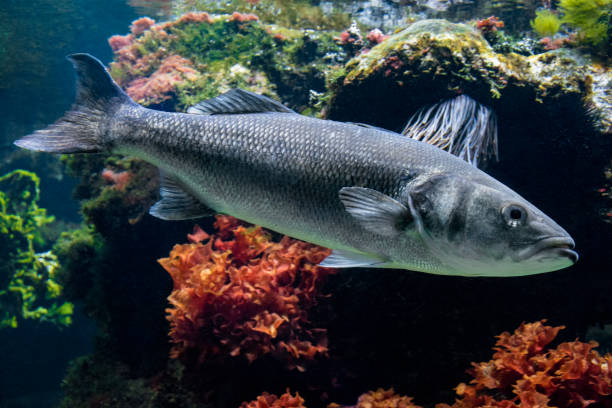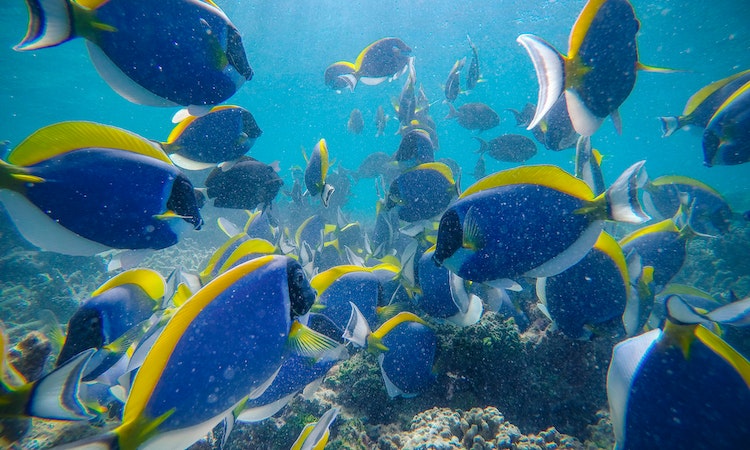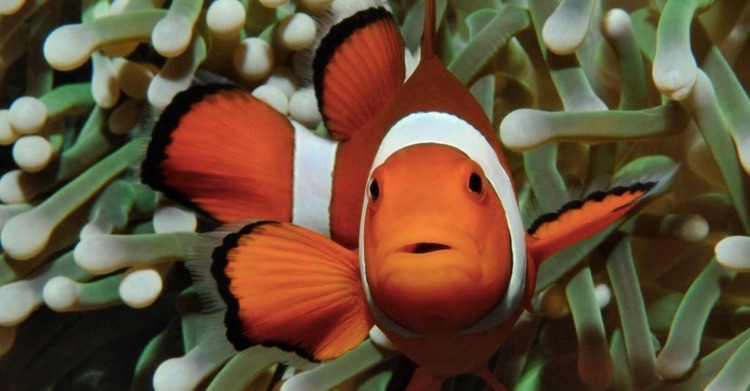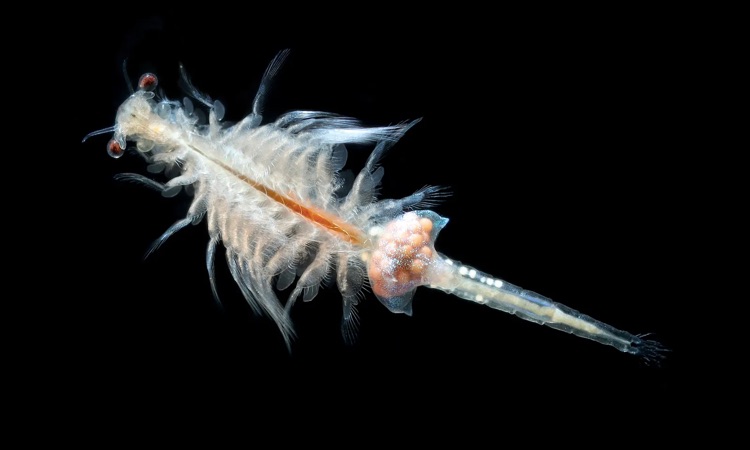When the temperature dips, an abundance of land and aquatic species find refuge in hibernation.
Hibernation is a remarkable process, allowing species to survive the winter season by entering into a state of reduced metabolic activity and semi-slumber, gathering sufficient energy stores that will last them until springtime.
With the temperature dropping, do fish hibernate? It turns out that like most cold-blooded creatures, aquatic life tend to be less active during winter. Let’s dive in and see what we can uncover!

What Happens to Fish in the Winter?
Contrary to popular belief, fish do not hibernate in the winter – they merely slow down. Despite their cold-blooded nature, this does not grant them resilience under frigid temperatures. Instead, it can make life harder for these creatures as the chill of winter sets in.
On the contrary, fish are actually one of many creatures that possess cold blood. These types of species can be found throughout Earth’s ecosystems.
Fundamentally, ectothermic creatures have body temperatures that fluctuate according to the temperature of their surroundings.
Fish dwell mostly in water, thus their metabolism and body temperature are impacted by the warmth of the environment. When temperatures drop, so does theirs.
Consequently, fish are restricted to a dormant state in wintertime due to their natural cold-blooded nature by slowing down and taking a rest without totally hibernating.
How do fish survive the cold winter months if they don’t hibernate?
During winter, fish enter a hibernation-like state in which their heart rate drastically decreases and they require less food, oxygen, and movement.
When winter months arrive, ice layers form on the surface of bodies of water; an insulating layer that allows fish to stay warm in their schools. Benefitting from the insulation offered by icy surfaces above them, they can take refuge and rest comfortably beneath.
All of the above behaviors are indicative of a state known as “Torpor” among fish species, though it might seem like hibernation.

What is Torpor?
As previously mentioned, the phenomenon of fish dormancy in winter is known as “Torpor”. This process occurs when living organisms enter a state of repose to survive their natural habitats during colder temperatures.
In contrast to the more precise winter refuge that hibernation requires, creatures which enter a state of torpor remain in a comfortably higher body temperature than when they are snoozing.
During the winter, fish have no choice but to survive in cold water since they cannot evade the elements. As a result, it is essential for them to adapt accordingly and become resilient during these frigid months.
Fishing in the winter can be an exasperating endeavor as fish become lethargic and rarely take bait. This phenomenon also sheds light on why this season is notoriously difficult for fishers!

In Summary
Is it feasible for fish to hibernate? Our studies seem to answer that with a resounding no. Besides, two species of fish – koi and goby – may be the exception.
Their behavior suggests they enter into something resembling a drowsy state when gathering underneath loose sediment. Still, this is far from actual hibernation.
Generally speaking, fish are not equipped to hibernate because it does not align with their biological makeup as is the case for many other animals.
Fish are inherently migratory creatures, always needing to search for food and evade predators while also seeking warm waters that can sustain their livelihood. Although migration may decelerate in the winter, it never completely halts.
Contrary to popular belief, fish do not enter a state of hibernation during winter. Instead, they only reduce their level of activity. Therefore, using the term “hibernation” is an exaggeration in this instance.



